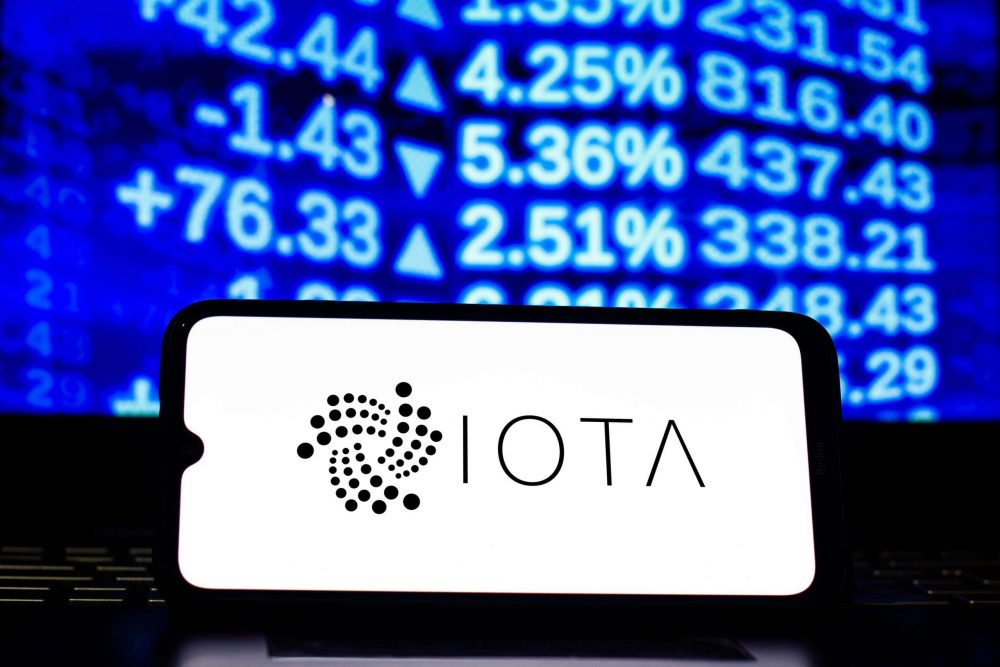South Korean lawmakers from the opposition People Power Party (PPP) formulate a bill aimed at postponing the implementation of 20-25 percent tax in the Crypto Tax Act in the country of 1.1.2022 for 2023. Politicians also plan to revise current crypto tax regulation requirements to reduce the burden on investors, according to the report Korean Herald from 11.10.2021.
South Korean Lawmakers have spoken out against aggressive taxation of cryptocurrencies
Legislators of People Power Party (PPP), conservative opposition political parties, are giving a glimmer of hope to South Korean BTC traders, exchanges and cryptocurrency-related businesses as they plan to introduce a bill to ease the upcoming highly controversial national Cryptocurrency Tax Act.
According to sources close to the issue, the bill aims reduce the burden on Korean participants in cryptocurrency markets by postponing its implementation until 2023 instead of the planned start date of January 2022. It is also trying to revision of the existing law on crypto taxes, which requires investors to admit 20 percent cryptocurrency capital gains tax on profits in excess of 2.5 million won (approximately $ 2,234).
However, PPP lawmakers are proposing to impose a 20 percent tax only on profits from cryptocurrencies in between 50 to 300 million Korean won ($ 42,000 – $ 251,000) a 25 percent capital gains tax on transactions over 300 million won in accordance with Income taxes on financial investmentswhich is scheduled for release in 2023.
More investors may leave South Korea
PPP representative Cho Myoung-hee commenting on the bill, he argued that the government’s proposed crypto tax law could be detrimental to cryptocurrency investors in the state.
“It is not right to impose taxes first at a time when the legal definition of virtual currency is ambiguous. The intention is to reduce the tax base to the level of income tax on financial investments, so that investors in virtual currencies do not suffer from disadvantages.“
Although the Korean authorities chose not to follow the same path of banning cryptocurrencies as their Chinese neighbors, they nevertheless formulated somewhat draconian regulations aimed at complicating the lives of BTC-related businesses and ordinary investors in the state.
Korean inspection body Financial Services Commission (FSC) in June 2021, it commissioned financial institutions in the region to treat cryptocurrency companies as s high-risk clients. The regulator also required creditors to implement robust protocols for crypto transaction monitoring and ID verification.
Earlier in August 2021, the media reported that increased cryptocurrency regulations in South Korea had forced a significant number of exchanges, including Binance a Bit front completely suspend or restrict services to Korean customers.
The main thing, however, is that despite strict regulations, South Korea has not banned cryptocurrencies in its country.
Why didn’t Satoshi mine Bitcoin in first 5 minutes?
- Bank of Japan leaves interest rate unchanged: Impact on the macroeconomy and the crypto market - December 20, 2024
- Memecoins more popular than Bitcoin? Striking results from a Binance survey - December 20, 2024
- Bitcoin breaks records: Bigger than gold ETFs and now the top 7 asset worldwide - December 20, 2024
























